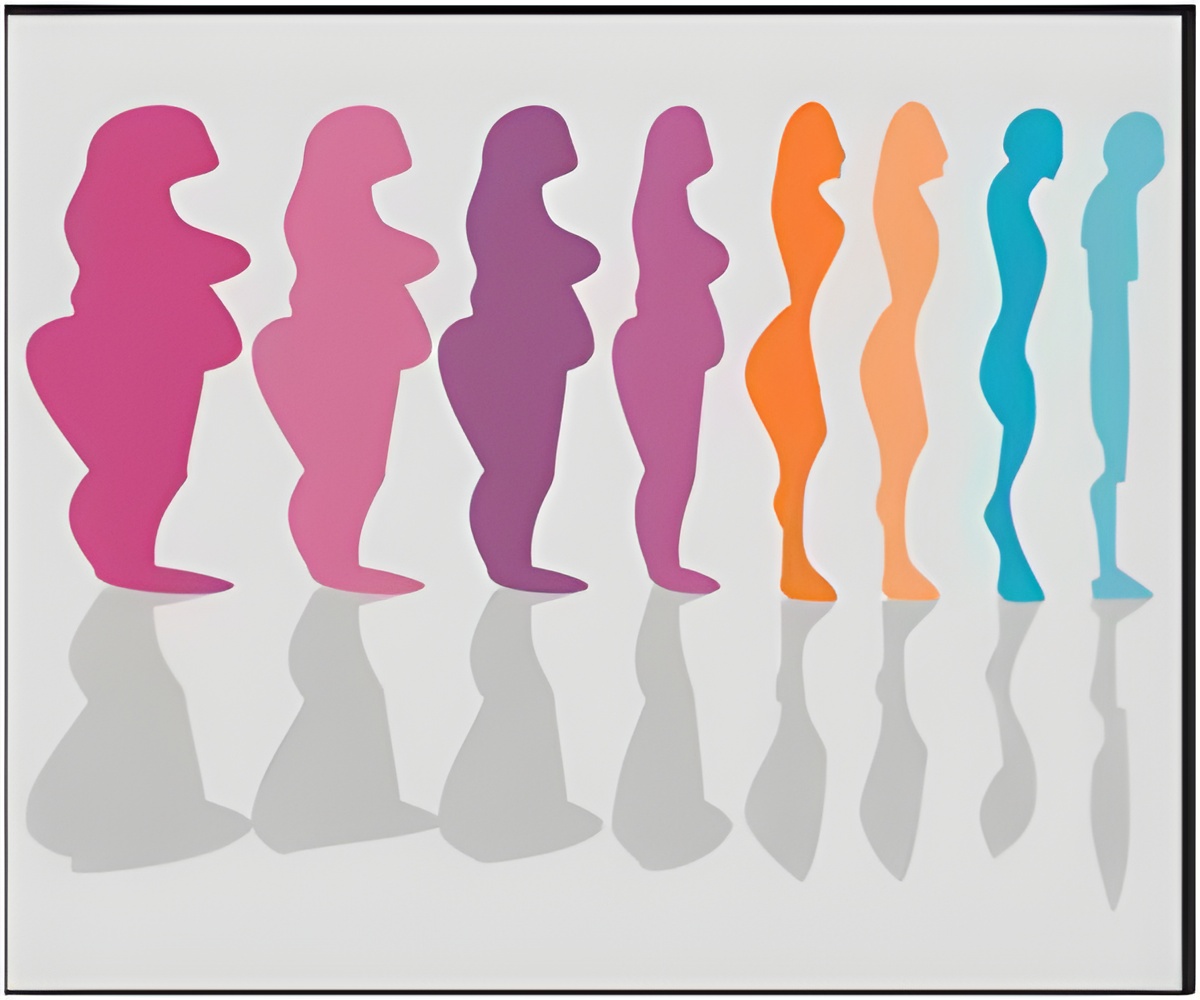Here is one more reason why some women have belly fat and heavy hips. A natural variation of the gene KLF14 causes some women to store fat and this significantly increases their risk for type 2 diabetes.

TOP INSIGHT
A natural variation of the gene KLF14 could be the reason why some women store fat in their belly and hips and this significantly increases their risk for type 2 diabetes. Men with the same variation of the gene have a much less diabetes risk.
The discovery suggests that doctors may one day target the gene variation with drugs to reduce diabetes risk. "KLF14 is one of the strongest known genetic risk factors for type 2 diabetes in women," noted researcher Kerrin S. Small, PhD, of King's College London. "Now that we know where in the body and in who the gene is acting, we can start to look at ... a potential strategy to modify risk of diabetes."
Genes and Diabetes Risk
Until now, research into the genetic factors determining diabetes risk has pointed to genes' effects on the pancreas and the insulin it produces. But the new finding reveals that fat, too, can be a culprit. In this case, the gene variation has dramatic effects on the fat cells on women's abdomens and hips, causing the cells to become larger but fewer. "This gene is active only in fat tissue and no other tissue when it comes to its effect on type 2 diabetes," noted Civelek, of UVA's Department of Biomedical Engineering and UVA's Center for Public Health Genomics.
The defect in the creation of the fat cells means that the women's bodies are more likely to have problems using blood sugar, the researchers found. And the gene variation has effects on hundreds of other genes as well, causing a cascade effect that the researchers have not yet fully charted.
Increasing Complexity
The finding, the result of five years of work, speaks to the increasingly sophisticated ways scientists must think about human genetics. It's no longer a matter of how genes affect the body but of how genes affect specific parts of the body. And sometimes not everybody's body.
Preventing Diabetes
The researchers plan to continue their research into the effects of the gene variation. They also envision the possibility of creating drugs to block its harmful effects. "There are some chemicals out there that show an effect on KLF14," Civelek said. "That doesn't mean you can immediately put this chemical on the market as a drug. ... But it gives us an opportunity to manipulate these chemical structures to possibly make them usable for humans or target them specifically to fat cells."
Source-Eurekalert
 MEDINDIA
MEDINDIA




 Email
Email










